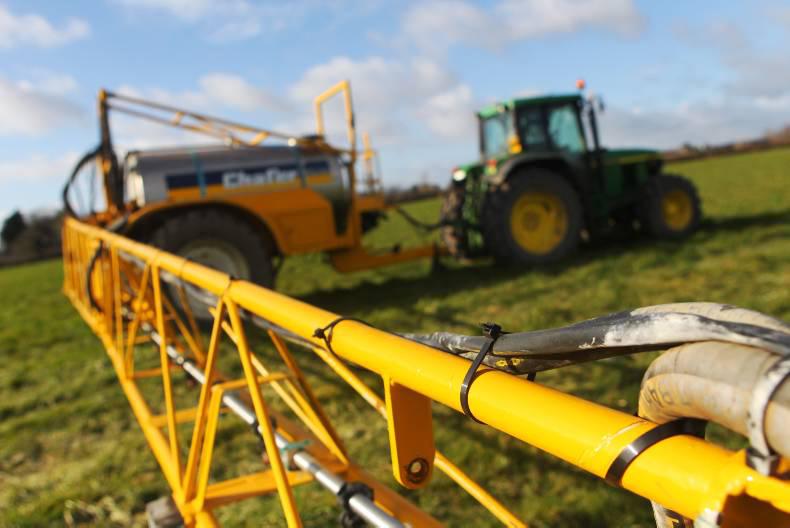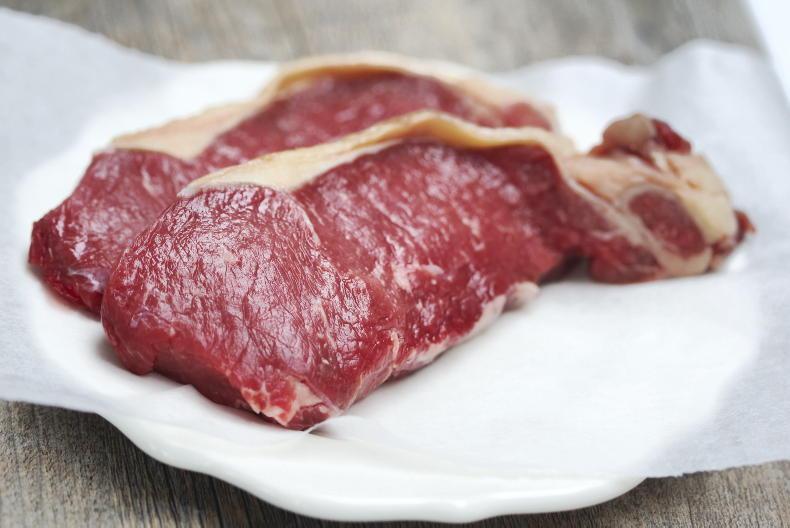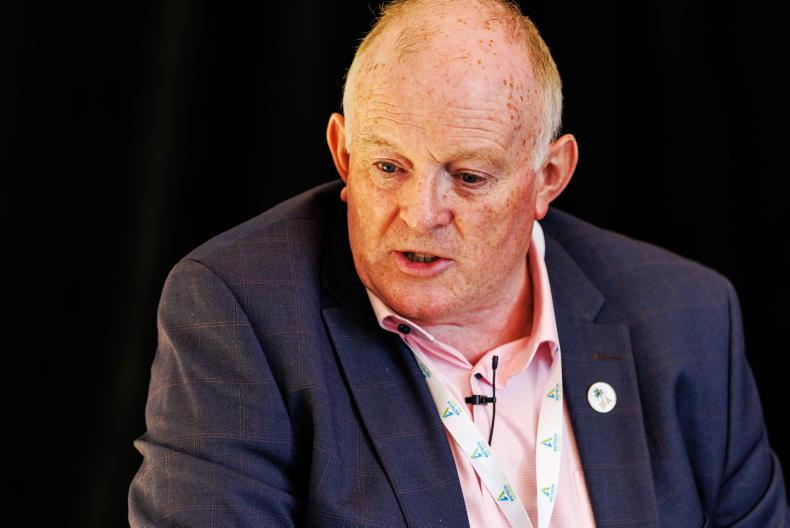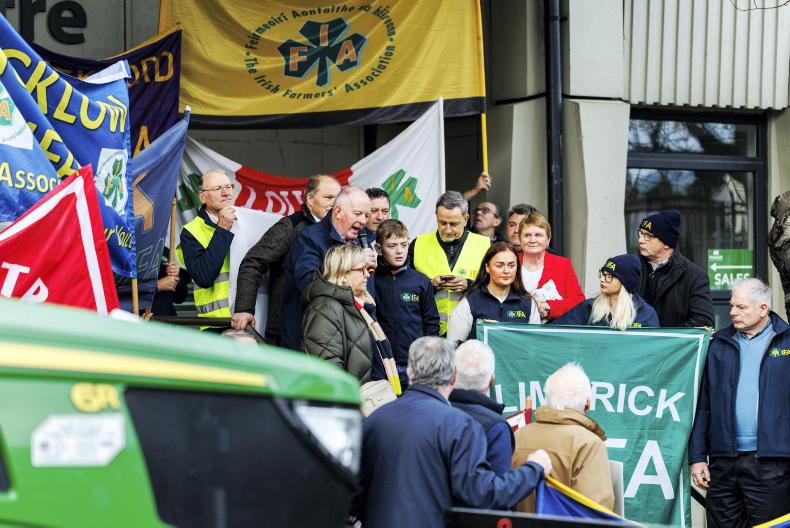A vote by MEPs is due at next week’s plenary session of the European Parliament, which begins on Monday (11 April), on the reauthorisation of the world’s most widely used herbicide glyphosate in the EU for the next 15 years.
The vote is on a resolution which was passed by the Parliament’s environment committee last month which recommends the Commission’s proposal on relicensing glyphosate, better known by its trade name Roundup, to be removed until an independent review of evidence surrounding glyphosate as a possible carcinogen has been carried out.
Last year a report by the World Health Organisation’s International Agency for Research on Cancer stated that glyphosate was “probably carcinogenic to humans.” However, a subsequent independent report by the European Food Safety Authority (EFSA) found that “glyphosate is unlikely to pose a carcinogenic hazard to humans.”
Scientific process
Agricultural Science Association president Neil Keane has expressed disappointment that some Member States have chosen to side-line the recommendation of the European Commission and the EFSA.
“The fact that a license renewal has become a political rather than scientific process is a huge cause for concern, as are calls for an independent review of the comprehensive independent review already undertaken by the EFSA,” he said.
The EFSA have also received criticism from environment committee for not disclosing information from all studies in their report. However, since then it has been agreed that politicians and researchers will receive access to all data in EFSA studies.
Vote
Next week’s vote is part of the political process with the final decision resting with the Commission. However, the Commission have said that if the renewal of glyphosate is not accepted widely by MEPs then it will not bring the reauthorisation process to a conclusion. The current license for the herbicide is due to expire at the end of June 2016.
A committee of experts that represents all 28 member states, the EU Standing Plant Animal Food and Feed (PAFF) Committee, did not vote on the renewal of glyphosate at a meeting at the beginning of March. The next PAFF committee meeting on pesticides is scheduled on 18 to 19 May where the issue of glyphosate licensing is expected to be raised again.
Lobbying
The four farmers’ unions in the UK, have written jointly to the Commissioner for Health and Food Safety and to UK MEPs asking them to reject the environment committee’s resolution.
The letter states that conclusions of EFSA were already independent and that calls from the parliament’s environment committee for further research “can only be viewed as both factually inaccurate and politically motivated.”
The letter also state the EU could not ban Maximum Residue Levels of glyphosate in products imported into the EU, meaning a decision to not renew licensing glyphosate in the EU through the committee’s resolution would be “inconsistent and insubstantial.”
The committee’s report does not acknowledge use on farm that delivers environmental and financial benefits, such as through minimal tillage practices, according to the unions’ letter. Research by independent consultancy firm ADAS in the UK estimate that production of winter wheat and barley would reduce by 12% in the UK and oilseed rape by 10% equating to a loss of €633m per year if glyphosate licence was not renewed.
Tillage farming
The IFA have been lobbying at the European level on the issue and last month IFA grain chair Liam Dunne stated that failure to renew the authorisation of glyphosate would deliver “a killer blow to tillage farming.”
IFA meets @SeanKellyMEP on the need for a rational decision on approval of the glyphosate https://t.co/s3qeCAvXpb pic.twitter.com/Doi7XfNY1U
— Irish Farmers' Assoc (@IFAmedia) 8 April 2016
European grain trade organisation Coceral this week stated that failure to renew the licence for glyphosate in the EU would seriously jeopardise the supply of grains and oilseeds to the EU market with implications for the livestock sector. European farm organisation umbrella group Copa-Cogeca have also said that would threaten farm production across sectors.
Listen to Irish Farmers Journal digital editor Thomas Hubert discuss glyphosate licencing renewal with tillage editor Andy Doyle below:










SHARING OPTIONS